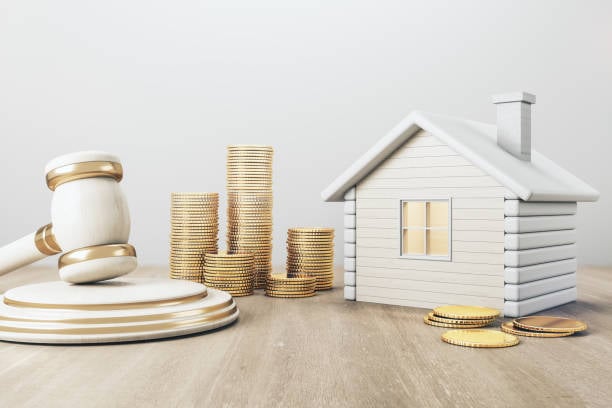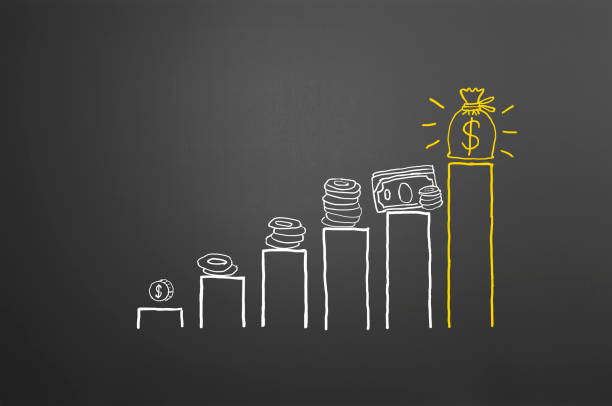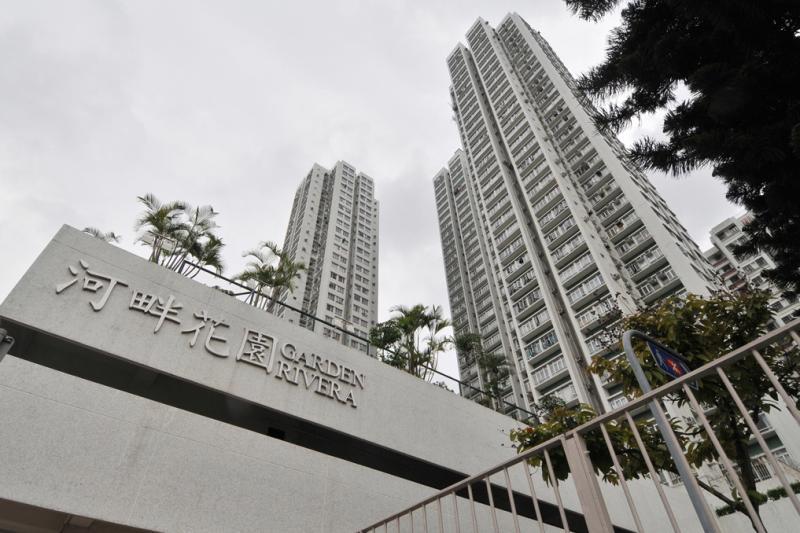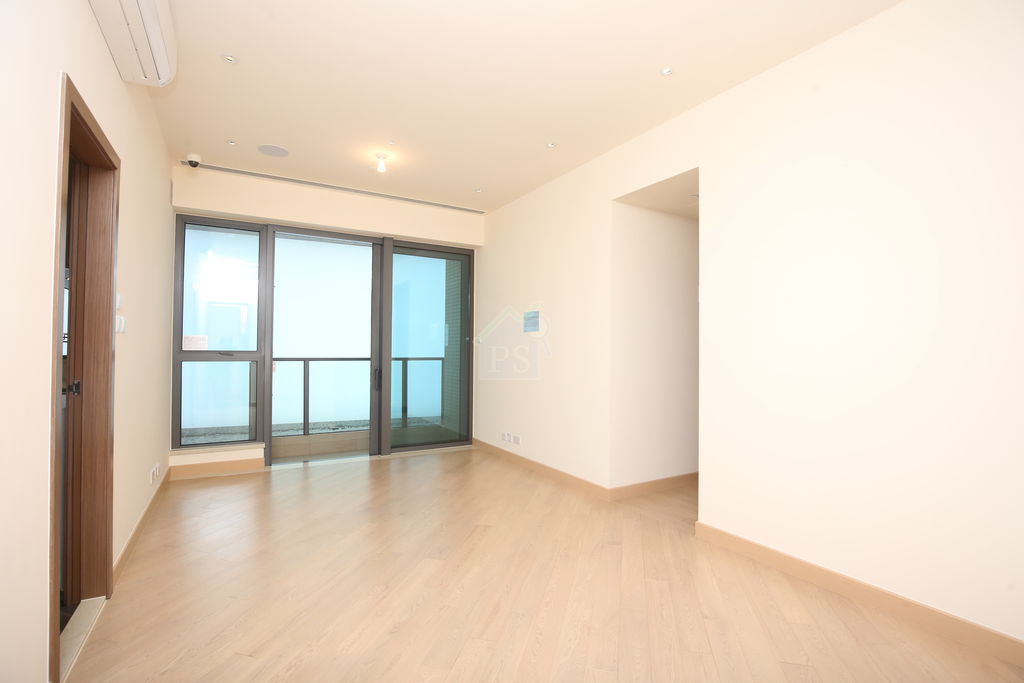
After 2020 happened, a lot of changes happened around the world. Things that we turned a blind eye to are now unfathomable. Let’s take the housing market as an example. After coronavirus struck out beloved earth, the housing market, in essence, bloomed. What makes this interesting is that it happened when the number of foreclosed properties was low.
The steadily improving economy of Hong Kong, Mediocre interest rates, and the pandemic. These three elements have greatly contributed to the trend mentioned above.
So what does this mean for you? It’s simple. With the housing market in ripe conditions, now is the perfect time to buy property from any Hong Kong property auction you find suitable. Yet,
you must go into this wormhole with a knowledgeable mindset, as this domain is concentrating
That’s why we’re here. Hong Kong property auction isn’t that easy to deal with. There are a lot of aspects to keep in mind and workarounds that will put you ahead of your competition. Our detailed guide will prepare you for a successful Hong Kong property auction.
That being said, the following are 10 things you need to consider before buying a property at auction in Hong Kong:
Do your Research

The first thing to do when buying a house from a property auction is research. Go out and start finding property listings that are happening or going to happen near you. If you have the time, find local property auction houses and get in touch with them. Get familiar with insights on new auctions that are happening around Hong Kong.
Doing your research is one of the most important steps in buying a property. Yet, it is something that is often neglected. The property market is as big as it gets, and it’s only reasonable you go in with top-level confidence. Narrow your options to the best, and develop a strategy to get the best of these options.
Actively Visit Properties
Most property auctioneers arrange a series of viewings for the local population. Hong Kong property auction houses like Heritage Auction and Kelly Auction are some examples. Visiting these viewings will provide you with valuable insight.
When you’re interested in buying property, viewing it for yourself is highly important. You need to assess the quality of the property you’re buying before you get into purchasing. If you have the time, consider taking a handyman or building inspector with you. View every inch of the property to secure the best option for yourself.
The main reason behind visiting is valuing the property. You need to figure out an estimated value of the property before you dive into the bidding arena. This will help you develop a mental model and a rough price estimate, and use these figures to conjure a budget for yourself.
For Hong Kong residents, a governmental search engine exists called Property Information Online. The PIO can be used to get location information about different properties on sale or at auctions. Additionally, all other essential information regarding properties can be obtained here as well.
Set Your Budget

What’s the maximum price you’re willing to pay for a property at the auction? What’s your floor price? There are a lot of questions to be asked, but why are they so important?
When it comes to the market of Hong Kong property auctions, preparation is important. It’s a common misconception that auctioned properties are cheaper than private sales. On the outside, it may look like that, but it’s quite the opposite. That’s because properties often need a renovation, which demands more funds post-purchase.
Some of us are blessed enough to pay all the cash deposits. Some of us aren’t. Yet, neither situation is better than the other. If you’re not among the lucky ones, you’ll need to get finance for your auction. You always need to make sure you have enough funds on standby for possible deviations on auction day. That’s why setting your budget beforehand is important, and often overlooked.
Consider Getting an Agent
You’ve probably seen this coming from a mile away. Getting a buyers agent is often undesirable for most buyers but is proven to provide value. But value isn’t the only thing that an agent will bring to the table.
Most people that are buying Hong Kong property auction have little to no experience. It’s a big reason why most buyers can’t get their hands on the property they’re interested in. How useful would the previous points we’ve made be if you cannot get the result that you want?
That’s exactly where buyer agents come in. Why? Because when it comes to winning bidding, experience is the key to success, and that’s what these agents offer. Most agents bid on Hong Kong property auction every week, bringing a priceless aspect to your auction.
Leave emotions out the door
We cannot stress this enough. The amount of times emotional bidding wars have happened during auctions is high. Why? Because often buyers get attached to a property they view, and do crazy things to secure their option.
That is exactly what you need to avoid. Hong Kong Property auctions can be quite fierce. A lot of buyers eye a single property, and if you let emotions into the play, you’ll lose before the game starts.
Access yourself and your mindset. Are you already dreaming of you and your family living in that house? Have visions of perfect family life as soon as you get the winning bid? That’s a sign that screams “You’re losing”.
In situations like these, taking a step back and reassessment is necessary. Pretend you’re going to an auction on your brother’s behalf. You’ll still be invested in getting the winning bid, but will refrain from any emotional attachments.
Guide Price vs Reserve Price – Know the difference
Going into auctions, there are a lot of terms that you won’t understand unless you’re an expert. Though that isn’t a bad thing, you must go in with a strong knowledge base and confidence. That’s among the various keys to winning, and with this fierce market, you’ll need a lot of keys.
Simply put, guide price acts as a guiding pathway that attracts potential buyers. Take a Youtubers clickbait for reference. They’ll set the title in a way that makes the viewers curious and excited. The same is the case here. The guide price is way lower than the reserve price, which is what attracts buyers.
As for the reserve price, it’s the least amount the property seller accepts. In other words, the lowest amount a bidder is allowed to bid on a seller’s property is the reserve price. Buyers often get confused during bidding, which is why it’s important to know these terms beforehand.
Pay your Due Diligence
While bidding in an auction, one of the most important things is to view if any addendums have been added to the T&S. More times than often, what you see is completely different from the real situation, and the faster you find that out, the better it is.
In all cases, An expert’s opinion is one of the best ways to approach the property. Hiring an expert will also help you stay vigilant to any new openings that may result in profit.
If you can’t afford any more expenses, do your research. Scout the property you’re investing in and ask around for potential advice. Ask the neighbors. Ask the mailman. Anyone that can give you an idea of what’s what, so you can estimate whether it’s a good purchase or not.
Analyze your options

Keeping all your options on the table is an important aspect of property investing, especially here in Hong Kong. Nothing good ever comes out of acting hastily. You’ve followed the previous steps. You’ve set your budget. All that’s left now is to analyze, experiment, and wait. Keeping a sharp eye out on the other options available is also a positive thing to do, as it broadens your perspective.
Oftentimes, the property you’re interested in goes unsold till the end. This gives the auctioneer authorization to sell privately. When that happens, it opens the possibility of you getting the property at the least of the prices. In business terms, we call that the reserve price. That’s how patience and analysis work out the best for you.
Don’t ‘put all your eggs in the same basket
So many times we’ve seen buyers put all their assets into one place, with no backup plan for when things go south. The property market, as profit returning as it is, is also quite volatile, and putting all your eggs in one basket is a foolish thing.
We always advise a more logical approach. If you’ve got a reasonable sum lying around, divide it into smaller pieces and buy many properties. This not only minimizes the risk of loss on a rainy day but increases your profit chances as well. It’s a win-win situation, in both cases.
Auctions are convenient, but only in the sense that you’re buying a property. They are safe, and diverse and leave you with many options. Yet, at times they can be quite provocative, and things can heat up pretty quickly if you ask us.
Regardless of what happens in an auction, you must always stick to the plan. If you had a number in mind and properties out of which you wanted to choose, wait till you have seen and assessed all of them. If you place a huge bid on the first property, you may miss out on a more profitable deal, all because you deviated from the original plan.
Be wary of ‘Dummy Bidders’
If you’ve done your homework correctly, you’ll know the auction arena isn’t as clean as it seems to be. There’s a lot of trickery involved, and workarounds that benefit the higher-ups in these situations. An example of this is the dummy bidders sitting at auctions, and you’ll see a lot of those around here at Hong Kong property auctions.
The concept of dummy bidders is quite simple. These are the people sent by people of higher authority to make small biddings on property. The ultimate goal behind this is to lure in genuine investors and trick them into paying more. People who are genuinely there to bid are tricked into thinking they have to ‘compete’ with these dummy bids, putting them into a situation that ultimately leads to them paying extra money.
That’s what you need to be wary of. These dummy bids have a way of getting to the head, and if you don’t pay your cards right, you’ll have to say goodbye to that property you like. But don’t worry, we’re here to help you.
These so-called dummy bidders are often part of the first phase of auctions. If you want to avoid getting tricked by these dummy bidders, hold on to your pants and not bid in the first phase. Dummy bids are easily recognizable, and avoiding getting in the action is the best thing for you.
How do I buy a property at auction?
Buying a property at auction consists of a lot of detailed steps. In short, doing your homework, finding the right property, going to viewings, and winning the auction. There’s a lot that goes into auction buying, which is why it’s important to read our detailed guide above.
What to look for when buying a property at auction?
Researching the property beforehand is the best thing to do. You need to look for the state that the property is in and gather opinions from relevant stakeholders before diving into anything further.
Why auction a property?
Auctioning your property makes it easier to gather buyers’ interests. In an auction, buyers are always ready to chip in and make bids, which makes it easier, and often profitable, to sell your property.
How do I auction my property?
Auctioning your property is quite simple. It begins with selecting a good auction house for your property. After that, setting yourself up with a solicitor, determining a reserve price, and setting up dates come in.
That’s it. All that’s left now is to wait for auction day, and let prospective buyers bid on your property.
How much does it cost to auction a property?
The numbers can vary from place to place, but anywhere from $250 to 1200 dollars is the cost to auction your property. The amount that you’ll generally be paying will be anywhere between these two endpoints, which varies according to your auction house, and the location your property is in.









